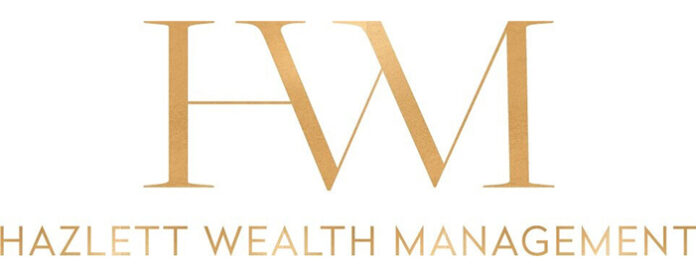BY KRISTIN HOVENCAMP

If you do not fancy yourself an expert stock picker and are not willing to roll the dice with your savings, consider using exchange-traded fund (ETF) and mutual fund investment vehicles. Using these strategies in your portfolio can help reduce risk and provide diversification.
A mutual fund is an open-end investment fund that pools investors’ money together to purchase securities. ETFs are a hybrid of mutual funds and closed-end funds. ETFs and mutual funds both hold a basket of assets, such as stocks and bonds, and can target specific indices, sectors, industries, and geographies. The key differences are:
ETFs are generally passively managed and track a specific index. Mutual funds are actively managed to outperform a particular index or the broader market.
ETFs trade on a market exchange, like Nasdaq and New York Stock Exchange, and can be bought and sold like stocks. Mutual fund shares are purchased and sold between the fund and the investor. An investor owns shares in the mutual fund, not the fund’s individual securities.
ETFs are bought and sold throughout the day and trade close to their underlying price or net asset value (NAV). Mutual fund pricing occurs at the end of each business day when NAV is calculated.
ETFs typically cost less and have lower expense ratios. They do not have a minimum investment amount and can invest in alternative strategies that are only sometimes available to accredited investors. Mutual funds charge higher fees for active management, have higher expense ratios, and have a minimum investment requirement.
ETFs offer liquidity because they are priced throughout the trading day, which can be helpful in market volatility. Mutual funds are less liquid but are professionally managed. A managed fund benefits from security selection, sizing and rebalancing within the fund.
A mix of investment vehicles and securities offers diversified market exposure while helping reduce portfolio risk. In addition, there is a wide variety of funds to choose from that will best fit your investment objectives and approach.
Kristin Hovencamp is an Investment Executive and Director of Business Development with HAZLETT WEALTH MANAGEMENT, LLC, which is independent of Raymond James and is not a registered broker/dealer. Investment advisory services are offered through Raymond James Financial Services Advisors, Inc. Securities offered through Raymond James Financial Services, Inc., member FINRA/SIPC. 675 Sun Valley Road, Suite J1 + J2 Ketchum, Idaho 83340 208.726.0605.



